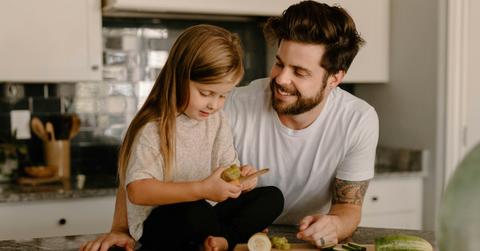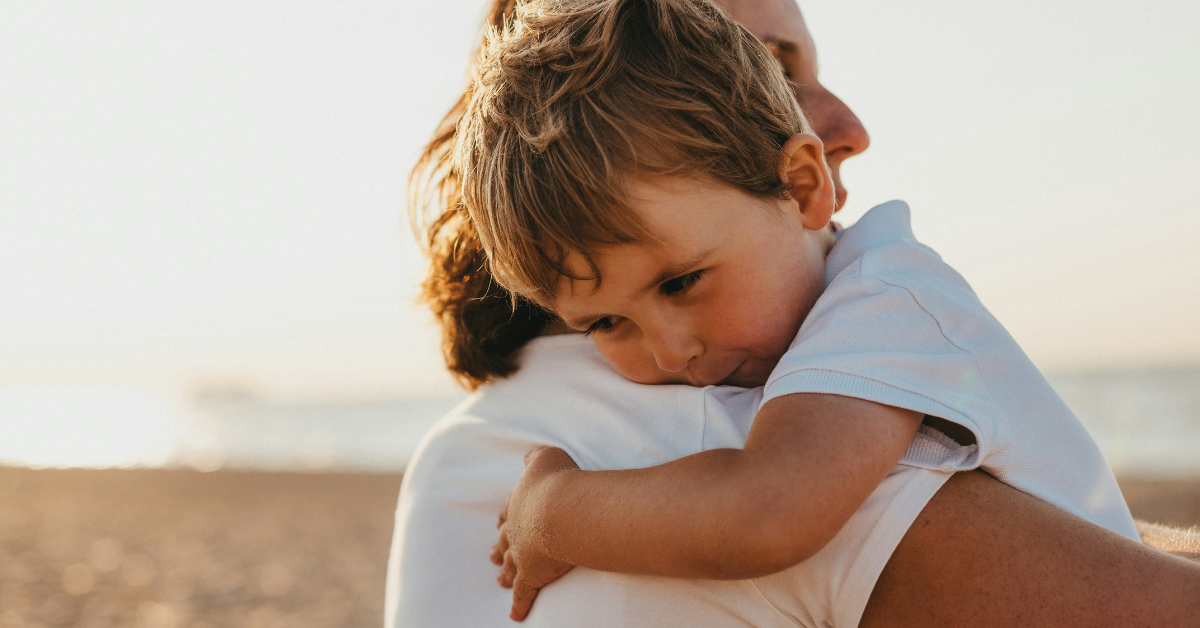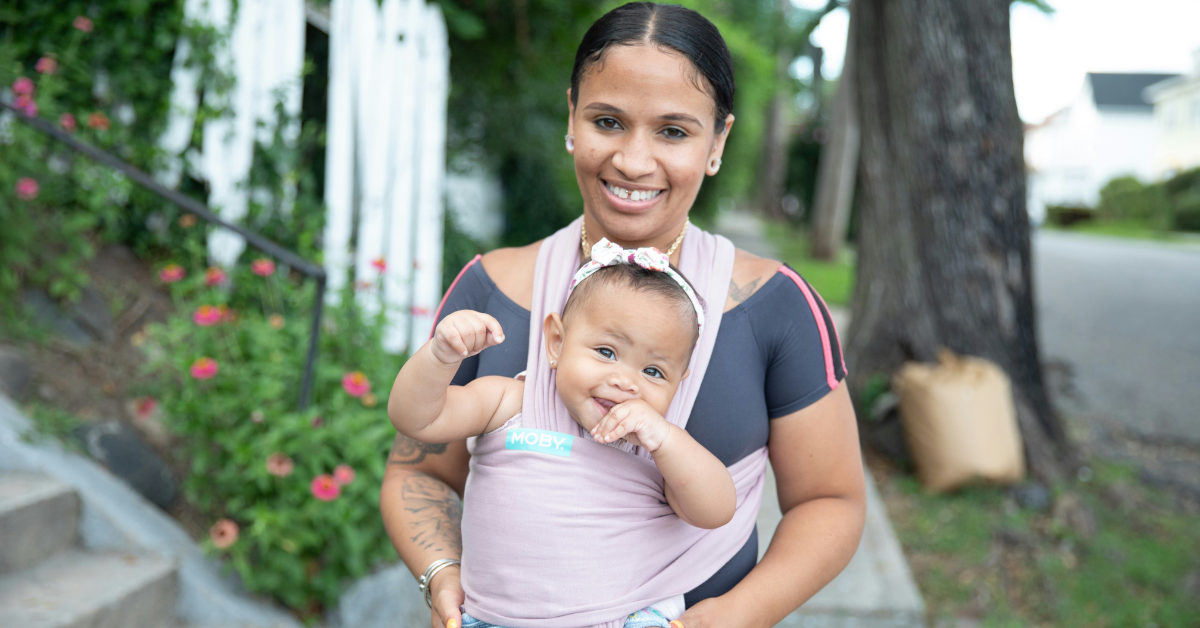Are Millennials Raising Velcro Kids — and What Exactly Is a Velcro Kid?
"Millennials were bedroom kids."
Published Oct. 24 2025, 3:56 p.m. ET

Just like fashion and interior design, there are parenting trends that come and go every few years. Don't believe us? Think about some of the phrases you've likely heard thrown around over the years — like lawnmower parent, free-range parents, and crunchy parents — and how quickly each one enters, and then leaves, the lexicon.
It seems like Velcro parents are the latest parenting trend to take over, and a lot of people are wondering about the meaning of the phrase.
And while it may seem kind of obvious to some people — the hint is in the word "Velcro" itself — there's actually a whole lot more to the term than raising clingy children. In fact, some people embrace the closeness and connections created by this type of parenting, especially as it runs in stark contrast to the way that today's parents were raised by their own moms and dads.
Want to learn more? Keep reading as we explain the meaning of the Velcro parenting trend.

What is the meaning behind Velcro kids?
If you're familiar with the material Velcro, you may already have an idea that the phrase means physical closeness between a child and their caregiver. However, USA Today says that it's so much more than wanting to be in direct contact with a parent; sometimes just being in close proximity is enough.
TikToker Frankie Acevedo explained how his Velcro child behaves at home, saying that his 5-year-old sometimes just wants to be in the same room with him, even if that room is the bathroom.
The video got more than 3 million views, and the comment section was full of people explaining how they not only enjoyed the different attachment style, but also felt like it was a byproduct of trying to raise children the opposite of how they were raised.
"Growing up, it wasn't like that for me," Acevedo told the publication after the story went viral, noting that he grew up spending most of his time outside or in his room. "Everyone was pretty much doing their own things."
These days, parents are far more involved in the day-to-day activities of their children's lives, and a lot of them say that they prefer it this way. That, combined with the way parents show up for their children — by everything from responding to their babies when they cry, to physically being a constant presence in their kid's lives — is having a Velcro effect.
How to set boundaries with a Velcro child:
While children and their parents may be loving this closeness, mental health experts say that there are some things to keep in mind when it comes to Velcro parenting, especially if you want both you and your child to have healthy boundaries in place.
First, they say that it's important for children to learn how to tolerate frustration. That can be done by being responsive and communicating lovingly when parents need a little extra space or time (like while in the bathroom).

Additionally, setting expectations can also be helpful. For example, if you want some alone time in the bathroom, you can tell your child that you'll be busy for five minutes, but when you're done, you'll get right back to whatever you were doing before.
Lastly, it sounds like parents need to remember that this Velcro stage typically isn't permanent, and most kids will grow out of it eventually, even if that does make their parents sad.